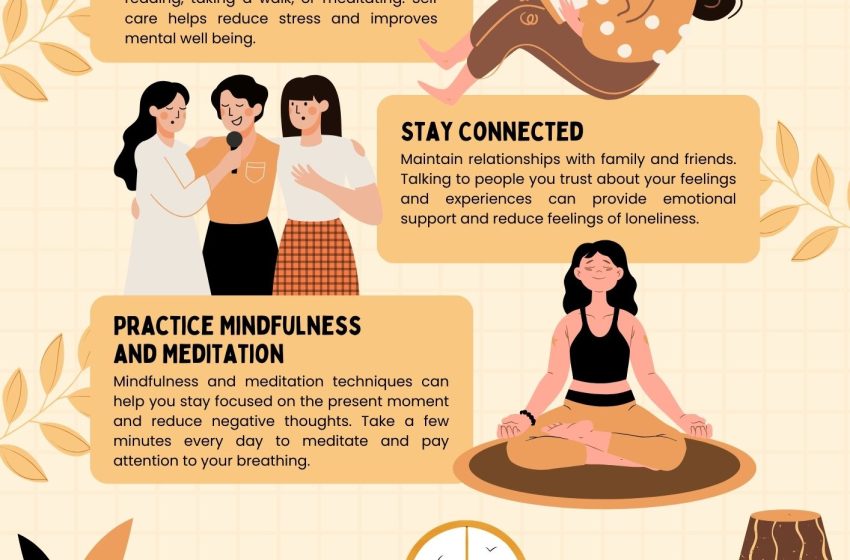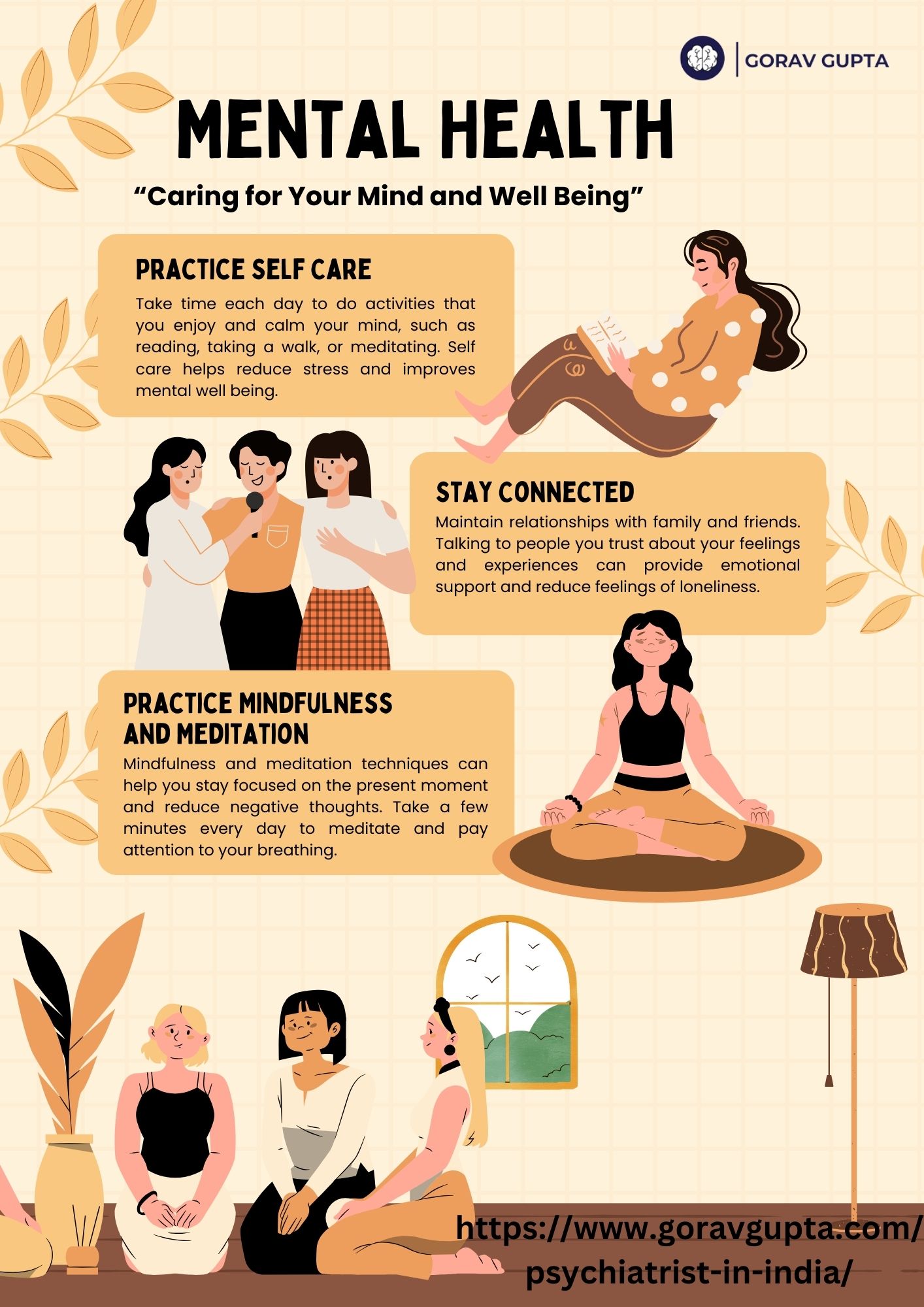Who Should You Consult First: A Psychiatrist for Depression vs. Therapist?

Depression is one of the most common mental health conditions, effecting millions of people around the world. Whether you are experiencing mild symptoms or suffer with more severe depression, approaching a professional could be the first concrete step toward your recovery. Yet, for quite a while, it remains hard to make up your mind on whom to consult first-a psychiatrist for depression or a therapist.
While each has their own role in mental health care, their approaches and specialties are different. This helps you make the right decisions in understanding your needs. In this post, we’ll examine what roles psychiatrists and therapists play in helping to deal with depression and how you can choose which professional to see first.
The Role of a Psychiatrist for Depression
Psychiatrists are actually medical doctors with specialties in diagnosing, treating, and preventing mental disorders. In most countries, they are licensed physicians who are qualified to prescribe medications and administer a wide range of treatments using psychotherapy among others, depending on the level of their training.
A psychiatrist is most useful for anyone suffering with depression because they can offer therapy which includes medication management and psychotherapeutic interventions. According to Dr. Gorav Gupta, a distinguished psychiatrist who specializes in treating depression, psychiatric treatment is often considered one of the most important treatments, especially for patients who are experiencing at least moderately severe depression. Psychiatrists are able to work closely with their patients to identify the most probable causes for depression, monitor symptom intensity, and prescribe medication that can really stabilize a patient’s mood and reduce discomfort.
When to Consult a Psychiatrist for Depression
You should seek a psychiatrist for depression in any of the following circumstances:
Major or Severe Symptoms: If your symptoms of depression have lasted long enough for more than two weeks, and interfere with your daily activities, you’d require seeing a psychiatrist. In such cases where major symptoms exist, such as having thoughts of suicide, feeling hopeless, or the inability to lift out of bed, among others at times, medication may be required, and in that case, a psychiatrist is a better alternative.
Medication Evaluation: Psychiatric treatment with medication involves prescribing and can only be done by a psychiatrist. And if you or your family feel that your depression is such that it may require some antidepressant or mood stabilizer medication, among others, best used as a first recourse is a psychiatrist. For instance, Dr. Gorav Gupta evaluates the extent of depression accompanied by the other co-occurring conditions such as anxiety, sleep disorder, or any other similar conditions in order to determine whether medication is needed.
Co-occurring Mental Disorders: Since there is a co-occurring diagnosis of depression with another mental disorder, including bipolar disorder, anxiety disorder, and substance abuse, a psychiatrist’s treatment is very important. This is because the treatment of complex disorders can only be provided by psychiatrists, thus the holistic care needed to administer pharmacological and therapeutic methods is achievable.
Physical Health Concerns: Sometimes depression occurs as a consequence of physical illness, or sometimes it results from side effects of drugs used to treat another medical condition. A psychiatrist can identify whether your depression is actually associated with a medical issue and will coordinate appropriate care with other doctors if needed.
The Therapist’s Task
A therapist can be psychologists, counselors, or social workers who specialize mainly on talk therapy, also called psychotherapy. Therapists are typically well-trained in different types of psychotherapy, including but not limited to, Cognitive Behavioral Therapy (CBT), Dialectical Behavior Therapy (DBT), and Interpersonal Therapy (IPT). These therapies would aid in identifying destructive patterns in thinking and actions that are contributing to depression and assist patients in devising ways to control and improve their mental health.
Therapists, unlike psychiatrists, do not prescribe drugs. On the other hand, they can greatly assist in the formulation of long-term coping strategies against depression. Ideally, therapy is very effective to those individuals wishing to address the emotional and psychological aspects of depression through some kind of controlled dialogue and intervention.
When Should You See a Therapist First?
There are indeed many circumstances in which it would be proper to seek a therapist before coming into the psychiatrist for depression:
Mild to Moderate Depression-If your symptoms of depression are mild or moderate, and you’re not ready yet for medication, seeing a therapist may be a good place to start. Generally, talk therapy may be very effective in treating mild depression, thus helping in better identification of underlying issues and how one can cope with them without the need for medication.
Desire for Long Time Support If you want a place to discuss your feelings, process past traumas, and work out the factors of your lives that bring about depression, there is no better source than a therapist. Therapists give you a safe and non-judgmental space in which you could discuss deeper emotional issues related to your mental health.
Behavioral Changes: Many find their solution in therapy for those who would like to find a solution through therapy and thereby improve undesired behavior which might be contributing to their depression. Therapists depend on good evidence-based approaches such as Cognitive Behavioral Therapy (CBT) in order to help you see things differently, break yourself free from those loops, and make the necessary changes to improve your life.
Support with Specific Issues: Depression that can be specifically linked to one and the same life event-like a breakup, death of loved ones, or loss of one’s job-will be treated with therapy as helping the patient process emotions and come out with specific ways of getting through difficult times.
Which of the two would best suit my case: A psychiatrist for depression treatment or a therapist?
In the end, it’s all up to your scenario whether to see a psychiatrist or first, a therapist. For extreme depression, or if you think you may need medication, then a psychiatrist for depression might be the proper choice for you. A psychiatrist like Dr. Gorav Gupta may provide a treatment program that could integrate your use of medication and therapy to ensure everything happens within your mind.
In other words, if you have mild depression or you want to address the emotional issues through talk therapy, then a therapist will be very suitable for you. In some cases, therapists may work together with psychiatrists in providing integrated care. For example, you can start out with a therapist but then, subsequently get a referral from the therapist to a psychiatrist if medication is appropriate. The Importance of Integrated Care
Psychiatrists and therapists are both very crucial when it comes to depression treatment. Usually, their approaches complement each other. Many people have gained benefits from working with a psychiatrist and a therapist at the same time. Meanwhile, their psychiatrist would monitor the medications and medical progress, but their therapist is supposed to focus on dealing with the emotional support for everyday challenges.
Being a renowned psychiatrist for depression, Dr. Gorav Gupta opines that the treatment should find the right balance between medication and therapy to have an effective long-term recovery. Most patients reap benefits in terms of medication and therapy because it covers the full spectrum of all the needs of mental health care.
Conclusion
It is all up to the intensity of your symptoms and the kind of help you need to recover from depression whether one will opt to consult a psychiatrist or a therapist. For a more complex case or if medication would be required, a psychiatrist such as Dr. Gorav Gupta could fully address your depression. For those people who would want to tackle their feelings or gain some strategies on how to cope, perhaps starting with a therapist would be ideal.
Any circumstance, the first step to seek help is always important. Psychiatrists and therapists are as equally there for you to guide you through your journey to better life with good mental health and well-being.



